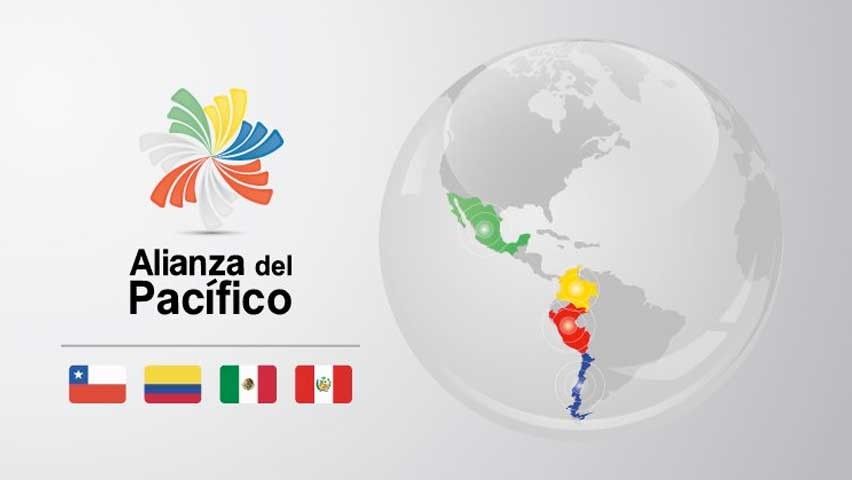Since 2021, the Pacific Alliance has carried out tests for the exchange of Authorized Economic Operator (OEA) lists between its member countries, through the use of blockchain technology.
With this, it seeks an efficient, automatic, real-time commercial exchange with the highest standards of security, traceability and confidentiality of the data of authorized companies.
The members of the Pacific Alliance (Mexico, Colombia, Chile and Peru) have also carried out an exchange of experiences and good practices to improve the skills and knowledge of Authorized Economic Operator specialists.
In April 2015, in Washington, the Strategic Action Plan was designed and approved for the implementation of annex 5.8, on the Authorized Economic Operator, in the Pacific Alliance Agreement, with the support of the Inter-American Development Bank (IDB), the which includes three strategic objectives:
- Strengthening of OAS programs and their institutionality in the Pacific Alliance.
- Increase the participation of the Private Sector in the OAS Program.
- Establishment of Mutual Recognition Agreement(s).
Blockchain
This Tuesday, at a press conference, the Undersecretary of Foreign Trade of the Mexican Ministry of Economy, Luz María de la Mora, highlighted the progress of the OAS program in the Pacific Alliance.
«We have a mutual recognition agreement for Authorized Economic Operators that is the first of its kind signed multilaterally at the global level,» she commented.
Takeaway: Blockchain is an open, distributed ledger that stores transaction data in a verifiable and immutable way, allowing parties to conduct business with each other in a single, unified system.
The four countries of the Pacific Alliance also recently expressed their satisfaction with the signing of the interinstitutional agreement between their customs that enables the electronic exchange of international trade data through Customs Declarations.
The offices in charge of the Single Windows in the member countries have been meeting periodically to develop a project that seeks to advance the interoperability of single windows, an initiative that was born from the Inter-American Network of Single Windows (Red VUCE), with the support of the IDB.
![]()

